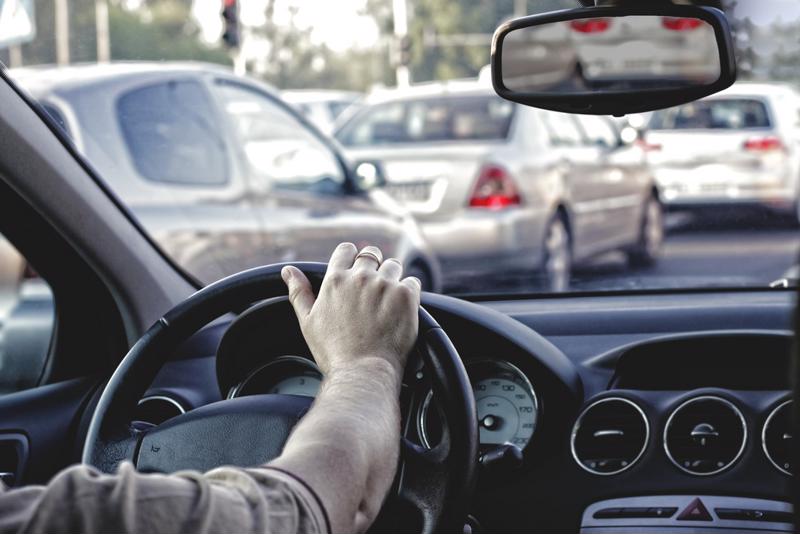

For many people, car maintenance and repairs were placed on the back burner during the early days of the COVID-19 pandemic. Concerns regarding spread of the virus, as well as mandates to stay home (and in most cases, work from home too), led consumers to avoid bringing their car into the shop if at all possible. Repair facilities and dealerships often remained open by appointment only, with a reduced number of staff.
As we emerge from the pandemic, it is necessary to consider how consumer behavior may have changed during this time, and what aspects of regular car maintenance and repair work might look different moving forward.
Regular maintenance
With the majority of society working from home during the pandemic, and oftentimes homeschooling children who might have otherwise needed to be shuttled to and from their place of learning, many consumers were able to put off regular maintenance. After all, they weren't accruing wear and tear on their vehicles in the same way as before the stay-at-home mandates.
While the rationale behind putting off regular maintenance is understandable — why risk getting sick for the sake of an oil change, especially if the car is barely being driven? — there are consequences to avoiding certain maintenance procedures. For example, if a car is not driven regularly, a car's brakes can begin to seize, leading to a more costly repair down the road and possible safety implications. And while it makes sense that oil might not need to be changed as frequently in this setting, experts at Popular Mechanics note that it's worth changing oil at least twice per year, even if a car isn't being driven regularly or hitting mileage milestones. The reason for this is that oil does begin to degrade over time, and may not have the same properties as when it was first introduced into the vehicle.
Now that schools and businesses are reopening, and drivers are hitting the road again, it's important for consumers to shift their mindset and resume normally scheduled maintenance. Stretching maintenance intervals as they were doing during earlier in the pandemic will likely lead to increased strain on vehicles, and possibly costly repairs.

Repairs
While consumer vehicle repairs generally followed the same premise as maintenance during the majority of the pandemic, with people pushing off necessary repairs on vehicles not being driven, now that cars are seeing more action, it's time to fix issues.
Unfortunately, this has become complicated by issues with parts sourcing as a result of supply chain disruptions, as well as a shortage of skilled labor in the industry. The most notable supply chain disruption of late is the semiconductor shortage, which has sidelined certain vehicles for so long that some repair shops report customers have resorted to just purchasing a new car or truck. Adding to this are ongoing challenges faced by maintenance and repair shop management, who are dealing with staff calling out sick with COVID-19 symptoms, as well as trying to replace staff who were either laid off or found other employment during the slow times of the pandemic.
However, even purchasing vehicles has become problematic, with prices of both new and used cars and trucks rising dramatically in the past few months. High demand and low inventory, combined with supply chain issues arising from the manufacture and transport of new vehicles, has led to more than 80% of consumers paying more than MSRP for their car or truck. This is a marked change from a year ago, when the number was closer to 3%, according to automobile industry experts at Edmunds.
Conclusion
The COVID-19 pandemic presented society with an unfamiliar set of circumstances and has driven poignant changes in consumer behavior. Concerns about spread of the virus, coupled with an overall decrease in necessity of driving, led to a transient slowing of business for maintenance and repair shops, with a resulting impact on revenue and staffing. The situation has now become complicated by supply chain issues, which are affecting both availability and transport of automobile parts. As more cars return to the road, it's important for both drivers and service providers to remember that many vehicles may not have been checked out on their usual timeline, and catch-up maintenance and repairs may be required.
Greening Testing Laboratories is a fully certified brake testing lab that provides a variety of brake testing services worldwide. Contact Greening for a complimentary consultation for your car manufacturing business.